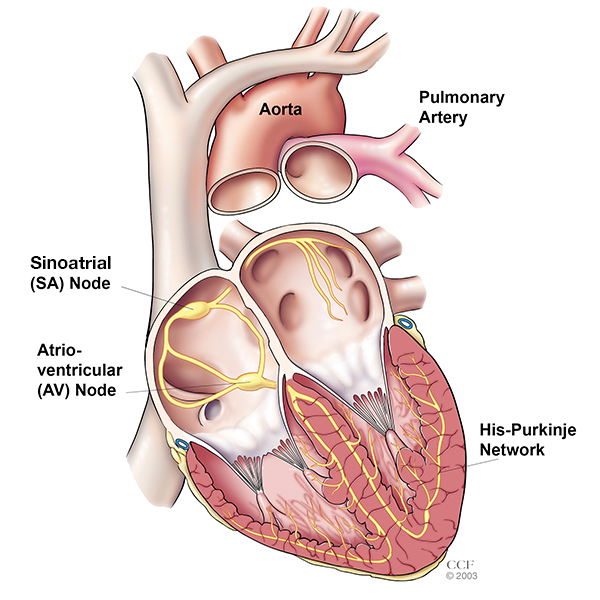Heart is among the most important organs of your body. If you want to ensure your good health and live a longer life, you need to be equipped with a healthy heart. This is where you will need to learn more about the factors or lifestyle choices that would lead you to cardiovascular disease. Then you can stay away from all factors that would put your heart at risk.
Role played by your heart
Understanding how hard the heart has to go to pump blood around the body when the body is considerably larger than it should be is a good beginning point for how to avoid heart disease. The health of a person’s heart has an immediate or long relationship with their body weight. Your heart, like a pack mule that does all the work, will wear down if you expect it to perform too much while your body is overweight.
Unfortunately, the traditional American diet, which most people consume in both North American nations, not just the United States, is all too prevalent today. But, when it comes to preventing heart disease, there’s a lot more to it than simply weight issues, and that’s what we’ll be looking at today with our look at lowering the risk of cardiovascular mortality.
Your heart works so hard
You can call your heart as the most hardworking organ in your body. Even counting how many times heart beats in a year is astounding, much alone how so many times it does during a lifetime. It’s reasonable that a heart that has been overworked would lose part of its vitality and excitement pounding one after another for the rest of one’s life. There is also a correct rhythm to the beating, and for patients with deteriorating heart health, treating cardiac arrythmias with a separate drug may be necessary.
Because a reduction in cardiac output causes the kidneys to retain water and salt, this may become a vicious cycle. Other organs get clogged as a result of the water retention, increasing the strain on the heart.
Four stages of heart at work
It’s advisable to start learning about the four phases of congestive heart failure if you want to learn how to avoid heart disease. In Stage 1, the person will have no physical limitations and will be able to engage in physical activities without difficulty or loss of breath.
Stage 2 is a lot different, and it’s usually when a person discovers something’s wrong with their cardiovascular health. They may feel tired all over, have a racing heart, have trouble breathing, or have chest discomfort.
Stage 3 is when the symptoms grow more severe and physical activity becomes more restricted. Entresto and related heart failure prevention drugs are often used in this setting because they are commonly added to a heart disease risk management regimen that was begun in stage 2 but has proven ineffective on its own. Angina may also be in the horizon when it comes to preventing heart disease. At this point, it might be starting or becoming worse.
Stage 4 occurs when the patient is unable to engage in any degree of physical exercise without becoming severely winded and experiencing dyspnea. Any discussion of how to avoid heart disease should emphasize the severity of anybody reaching stage 4, since this is when the danger of cardiovascular mortality is at its maximum and congestive heart failure therapy, if it hasn’t already, should begin.
If you need additional information on how to avoid heart disease, the American Heart Association has a wealth of resources. Get to know your ticker and make sure it’s in good enough shape to keep ticking for a long time.
For more info, visit Canada Drugs












